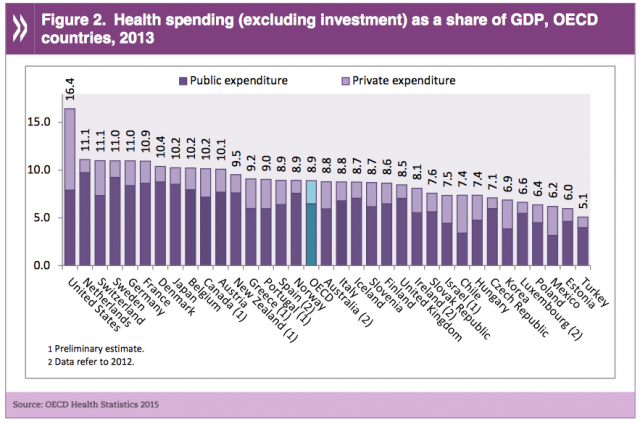PPIC poll shows support for single payer
by Brian Leubitz
Building on Robert’s recent post about the cost of single payer, we now have some new data showing that Californians would like to see some form of single payer in the state. PPIC has just released a new poll showing strong support…with a hitch:
As the state legislature considers Senate Bill 562, which would establish a single-payer state health insurance program, 65 percent of all adults and 56 percent of likely voters say they favor such a plan. But support falls to 42 percent of adults and 43 percent of likely voters if the plan would raise taxes. Overall, strong majorities of Democrats (75%) and independents (64%) favor a single-payer plan, while a strong majority of Republicans (66%) are opposed.
Now, the thing is that given the premium model that we are all used to, there wouldn’t have to be additional taxes. We could even keep the insurance companies around to manage the collection of premiums and the payment, if you are inclined to do so.
All that being said, a new economic analysis by a team of economists at the Political Economy Research Institute (PERI) at the University of Massachusetts Amherst, shows that the $400 Billion figure may have been too high. The report says that the total cost of healthcare in California will fall from $368.5 billion to $331 billion with the passage of SB 562.
As Robert showed in his post, premiums would likely go down for most, if not all, consumers. Depending on who you ask, average premiums are approaching $400 per person in California. That’s close to the $200 billion that we need to come up with according to the (rather high) LAO estimates, and more than the UMass analysis estimates.
Single payer is doable. Moreover, it now appears to be the only stable (and just) system of health care that we have come up with. The AHCA is an incomplete mess. The ACA could last for a few more years if we had an administration that wasn’t trying to kneecap it at every opportunity, but when you look at this graph, are there really any mysteries left about whether we need radical change in our health care delivery model?



You must be logged in to post a comment.